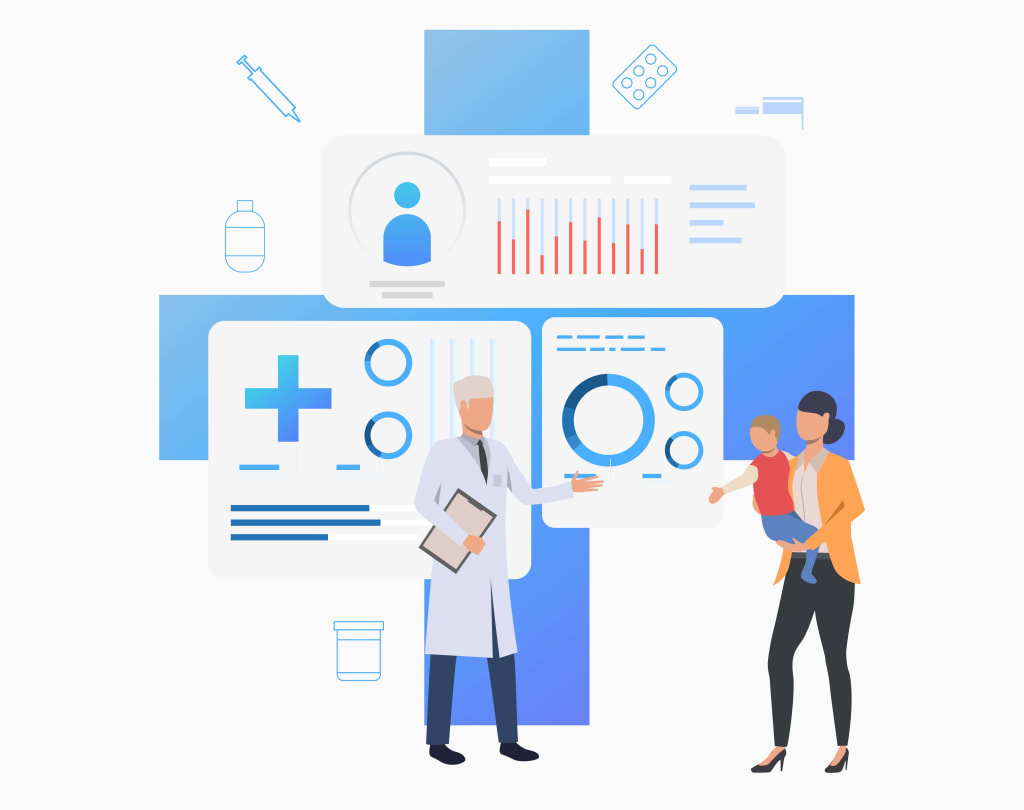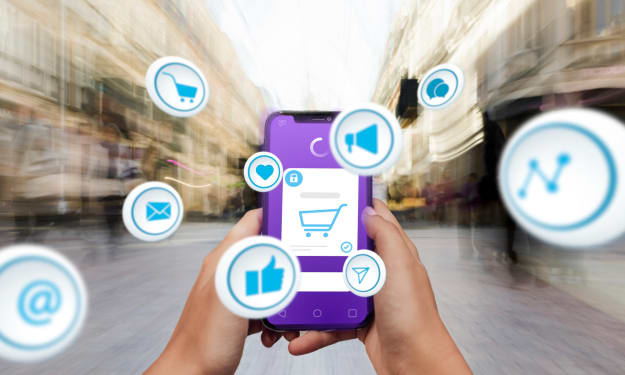Health App Development: Crafting Better User Experience for Medical Application Users
The Rise of On-Demand Apps

In the ever-evolving landscape of technology, health app development has emerged as a powerful tool to enhance healthcare services and provide users with the means to manage their well-being efficiently. As the demand for accessible and personalized healthcare solutions continues to rise, crafting a better user experience for medical application users has become crucial. This blog explores the key aspects of health app development that contribute to an improved user experience, fostering a positive impact on both patients and health app developers.
The Evolution of Health Apps: Bridging Gaps in Healthcare
Health apps have revolutionized the way individuals interact with their health and medical information. A crucial player in this revolution is the health app developer, who plays a pivotal role in designing and creating these transformative applications. From tracking physical activity and dietary habits to monitoring vital signs and medication schedules, these applications developed by skilled professionals have become invaluable companions in modern healthcare. The transformational power of health apps lies not only in their ability to provide real-time information but also in the seamless user experience they offer.
Understanding User Needs and Preferences
The foundation of crafting a better user experience begins with understanding the diverse needs and preferences of the users. Health apps must be designed with empathy, taking into consideration the varying levels of technological literacy, age, and health conditions of the target audience. A user-centric approach involves conducting thorough user research and incorporating feedback throughout the development process.
Simplicity and Intuitive Design
In the realm of health apps, simplicity is key. The interface should be intuitive, allowing users to navigate effortlessly through various features. Clutter-free screens, straightforward navigation menus, and clear icons contribute to a user-friendly design. Complex medical information should be presented in an easily digestible format, ensuring that users can comprehend and act upon the data provided.
Personalization for Enhanced Engagement
Personalization enhances user engagement by tailoring the app experience to individual needs. Health apps can utilize data analytics to create personalized health plans, medication reminders, and fitness routines. By leveraging artificial intelligence and machine learning, apps can adapt to user behavior over time, offering recommendations that align with their goals and medical requirements.
Seamless Integration of Features
A holistic health app often combines various features such as activity tracking, health records, appointment scheduling, and medication management. The challenge lies in integrating these features seamlessly, ensuring that users can access all relevant information in one place. This integration reduces the need for users to switch between different applications, streamlining their experience and saving time.
Data Privacy and Security
In the realm of healthcare, data privacy, and security are of paramount importance. Users entrust health apps with sensitive information, and developers must prioritize robust security measures to safeguard this data. Compliance with regulations such as HIPAA (Health Insurance Portability and Accountability Act) is essential to build user trust. Transparent communication about data usage and encryption protocols helps users feel confident in using the app.
Interoperability with Medical Systems
Health apps are most effective when they can seamlessly connect with existing medical systems. Integrating electronic health records (EHR) and other medical databases allows users and healthcare professionals to access comprehensive information. This interoperability not only streamlines communication but also facilitates more informed decision-making regarding a user's health.
Continuous Feedback Loop and Improvement
A successful health app is not a static product; it's an ongoing endeavor. Developers should establish a continuous feedback loop by gathering user insights, analyzing app usage patterns, and addressing user concerns promptly. Regular updates and improvements based on user feedback demonstrate a commitment to enhancing the user experience and keeping the app relevant in a rapidly evolving landscape.
User Education and Support
While striving for intuitive design, it's important to recognize that some users might still require guidance to make the most of the app's features. Incorporating user tutorials, help sections, and customer support channels ensures that users can navigate the app confidently. Providing clear instructions on data entry, tracking, and interpretation of health metrics empowers users to take control of their well-being.
The Future of Health App Development
As technology continues to advance, the future of healthcare mobile app development holds exciting possibilities. The integration of wearables, such as smartwatches and fitness trackers, into health apps allows for real-time monitoring and data collection. This synergy between wearables and apps opens up avenues for comprehensive health tracking and personalized insights. Additionally, telemedicine features could become more prominent, enabling users to connect with healthcare app developers virtually for consultations, prescriptions, and follow-up appointments, all within the convenience of a single mobile application. This convergence of healthcare and technology underscores the potential for improved patient care and proactive wellness management through innovative mobile app solutions.
Final Words:
Health app development goes beyond mere functionality; it's about enhancing the lives of users by providing tools that support their well-being. Crafting a better user experience in medical applications involves designing with empathy, simplicity, and innovation. By focusing on user-centered design principles, personalization, data security, and engagement strategies, developers can create health apps that not only provide valuable resources but also foster positive behavior change and improved health outcomes. In a world where health is a top priority, exceptional UX in health apps can make a remarkable difference in people's lives.
About the Creator
BCoder Castle
B-Coder Castle is the best web design and development company in USA. Make a beautiful website for your company. We are a team of well-specialized web developers ready to enhance the productivity of your business.






Comments
There are no comments for this story
Be the first to respond and start the conversation.